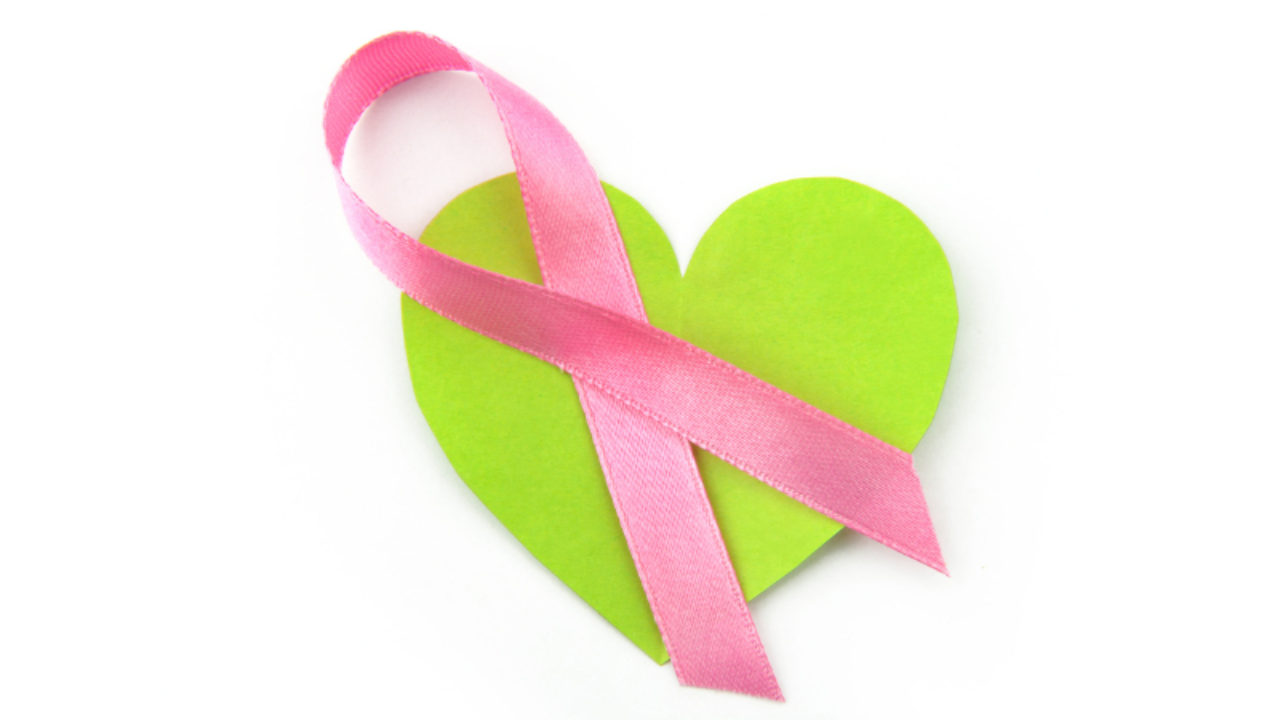Breast Health Tips for Teens: Early Intervention Strategies in Preventing Breast Cancer
Nov 21, 2025
In Canada one in nine women will be diagnosed with breast cancer at some point in her life and the incidence of the disease is rising each decade. In the 1940s the risk was one in twenty. If we increase our awareness of the causes of this disease and start early with prevention strategies we can help to protect ourselves, our daughters and future generations from breast cancer. Examine the tips below and change what you can each month.
Lifestyle
- Spend an hour a week in the sauna to eliminate chemicals stored in your fat cells.
- Complete an 80-hour sauna detox program before you plan to have children so you don’t pass on your body's burden of chemicals on to the next generation.
- Exercise at least 40 minutes each day
- Sleep in a dark room, and keep electrical devices at least 3 feet from your bed. Use a night light in the washroom, and avoid turning on a bright light at night.
- Meditate, or do slow long deep breathing exercises for at least 11 minutes before bed to increase melatonin levels.
- Take regular relaxation breaks every 2-3 hours throughout the day for about 20 minutes to alleviate stress.
- Switch to using non-toxic cleaning products, like baking soda and vinegar.
- Avoid cosmetics unless they are free of chemicals and preservatives.
- Drink filtered water, with chlorine and pesticides removed.
- Drink water stored in glass rather than plastic. The plastic often leaves chemicals that act like the hormone estrogen.
- Maintain an appropriate weight. Seek help to lose weight if required.
- Seek a dentist who will use porcelain fillings in your teeth. Avoid mercury amalgam fillings.
- Do not use birth control pills, but consider barrier methods.
- Use a looser cotton bra rather than an underwire bra. Avoid tight bras.
Dietary
- Use 30 grams of fibre each day to ensure at least two bowel movements a day- add 2 tbsp. bran to your breakfast cereal, eat legumes daily, use more whole grains, less bread.
- Add 2 tbsp. of freshly ground flaxseeds daily to your cereal, juice or fruit smoothie. (Use an electric coffee grinder to grind them).
- Use 8-10 servings of fruits and vegetables daily.
- Eat some raw broccoli, cauliflower or cabbage daily.
- Eat organic food whenever possible.
- Decrease meat consumption replacing it with legumes and organic soy. *
- Decrease dairy consumption, replacing it with organic soy products. *
- Minimize fish consumption unless you know it is free of chemicals and heavy metals.
- Use extra virgin olive oil for cooking if you are frying, use a little water first, before adding the olive oil. Minimize other oils and fats except flaxseed.
- Use cold-pressed flaxseed oil (Flora) on your food after it is cooked. Keep flaxseed oil in the fridge and use it up within six weeks. Never heat it.
- Minimize sugar, sweets, pastries and desserts, using fresh fruit instead.
- Spice your food with turmeric regularly.
- Use onions and garlic with gusto.
- Use 2 tbsp of seaweed daily (nori sheet, dulse powder) or use a kelp tablet daily.
- Store your food in glass or stainless steel, rather than plastic.
- Avoid canned food when the cans are lined with clear or white plastic- this is bisphenol-A, which acts like estrogen and stimulates breast cells to divide.
Supplements
- Use a multivitamin daily that contains 100-200 mcg. of selenium and at least 30 mg. of zinc
- Supplement with calcium citrate, magnesium citrate and vitamin D daily, with about 800 mg of calcium
- Use 2000 mg of vitamin C daily. This will help prevent the accumulation of toxic metals, and improve immunity.
- If you are unable to eat 8 servings of fruits and vegetables daily, use 1 tbs. daily of a green powdered supplement, rich in carotenes and protective plant nutrients.
Environmental
- Encourage your parents and neighbours to discontinue pesticide use on lawns and gardens.
- Use fewer electrical devices so we rely less on nuclear power. Conserve energy.
- Spend less time on the computer or watching television, to decrease exposure to electromagnetic fields,
- Avoid products containing PVC (polyvinyl chloride), such as raincoats, shower curtains, vinyl furniture.
- Use alternatives to plastic.
- Take cloth bags or bins shopping to avoid using plastic bags.
- Find out who the polluters are in your area and write letters or lobby to decrease local pollutants.
- Host an environmental film festival each year to educate yourselves and others.
- Celebrate Rachel Carson Day, May 27 each year by doing what you can to protect the environment on that day. Clean up your little corner of the earth.
Psychological
- Find ways to express your anger constructively and let it go. If you have a backlog of anger, seek counseling.
- Invest your energy in activities, hobbies, volunteer work or causes you feel excited about that develop your skills and abilities.
- Learn to define your needs and develop assertiveness.
- Connect with groups of like-minded individuals throughout your life who support and validate you.
- Find a spiritual practice that connects you to others and to the universal energy or God and use that practice or worship to strengthen faith, hope and love.
- Resolve conflict as it occurs, rather than holding it inside you, or let it go.
*Soy contains phytoestrogens—plant‑derived compounds structurally similar to estrogen—that bind to estrogen receptors. By doing so, they can block stronger, potentially harmful estrogens from exerting their full effect on cells, thereby reducing the risk of estrogen related cancer.
These suggestions are outlined in more detail in the book The Complete Natural Medicine Guide to Breast Cancer, by Sat Dharam Kaur, N.D., published by Robert Rose Inc. in 2003

